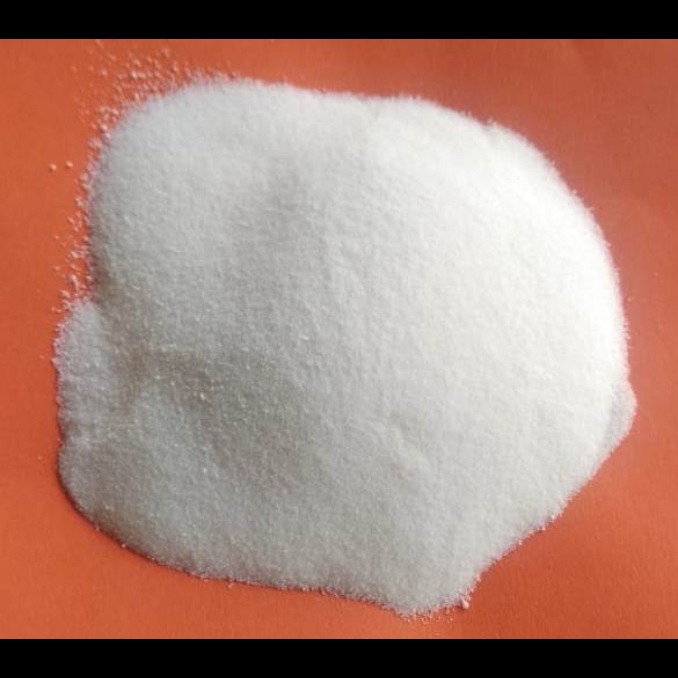
DISCHARGING PROCESS — USING SODIUM SULPHATE (Na₂SO₄·10H₂O)
(As manufactured by Laxmi Enterprise, Vadodara, Gujarat)
⚙️ 1. What is the Discharging Process?
The discharging phase in a thermal energy storage (TES) system is when stored heat is released back into the environment or a working fluid (like air or water) for useful heating applications.
When the temperature around the PCM (phase change material) drops below its melting point (~32°C), the molten Sodium Sulphate Decahydrate begins to crystallize back into its solid form.
This crystallization reaction releases latent heat energy at a nearly constant temperature — which can then be transferred for practical use.
🌡️ 2. Chemical and Thermal Mechanism
Reaction during Discharging (Cooling Phase):
The energy released is approximately 254 kJ/kg, which is the latent heat of fusion of Glauber’s salt.
This released heat can be transferred via heat exchangers or direct conduction to air or water.
🏭 3. Industrial Implementation Using Laxmi Enterprise Sodium Sulphate
Laxmi Enterprise’s Sodium Sulphate (high purity, consistent crystal structure) ensures:
Stable and repeatable crystallization during discharging
High thermal efficiency with minimal phase separation
Long cycle life for repeated melting–solidifying operations
⚙️ Example Application Systems:
System Type Use of Sodium Sulphate in Discharge Phase
Solar Thermal Storage Tanks Heat stored in daytime by solar collectors is released at night for space heating or hot water.
Industrial Waste Heat Recovery Units Excess process heat stored in Glauber’s salt is later released for drying, preheating, or other uses.
Building HVAC Panels (PCM Tiles) Sodium sulphate releases stored heat at night to maintain comfortable indoor temperatures.
Greenhouses / Crop Dryers At night, PCM releases heat to maintain ambient conditions favorable for plants or drying processes.
🔁 4. Process Steps in Discharge Cycle
(As used in practical TES units)
Cooling Phase Start:
Ambient or circulating fluid temperature drops below 32°C.
Nucleation Initiation:
Small seed crystals (either naturally or with nucleating agents) form in the PCM.
Crystallization Growth:
Sodium sulphate molecules arrange into the solid decahydrate lattice, releasing stored latent heat.
Heat Transfer:
Heat exchanger (metal coil, fin tube, or embedded plate) carries this released heat to air or water.
End of Cycle:
Once fully solidified, the PCM is ready again for next charging (melting) cycle.
🔬 5. Technical Benefits of Laxmi Enterprise Sodium Sulphate
Property Advantage in Discharge Phase
High purity (≥99%) Ensures consistent crystallization without contamination
Controlled particle size Improves heat transfer and reduces supercooling
Stable decahydrate form Repeated melting/freezing without decomposition
Low corrosion tendency Safe for use with stainless steel or aluminum exchangers
Economical & available locally Cost-effective for large-scale PCM systems
⚡ 6. Energy Example Using Laxmi Enterprise Product
If 100 kg of Sodium Sulphate Decahydrate is used in a PCM tank:
Energy stored/released per cycle:
100
kg
×
254
kJ/kg
=
25
,
400
kJ
100 kg×254 kJ/kg=25, 400 kJ
≈ 7.05 kWh of thermal energy
This is enough to:
Heat 250–300 liters of water by ~10°C
Maintain room temperature in a small 10×10 ft space for several hours
♻️ 7. Sustainable and Economic Value
Reusable for hundreds of cycles — long life and low maintenance
Helps industries reduce power consumption and utilize solar or waste heat
Fully eco-friendly and recyclable salt-based PCM
Manufactured locally by Laxmi Enterprise, Vadodara, reducing logistics cost for Western India industries
🏗️ 8. Key User Industries
Solar Energy Companies (thermal collectors & heating systems)
HVAC & Building Material Manufacturers
Greenhouse & Agro-Tech Installers
Industrial Process Heat Recovery Units
Research and Educational Institutions studying renewable storage systems
• • Sodium Sulphate for Textile Processing
• • Textile Chemicals Supplier
• • Dye Fixing Agent Chemicals
• • Sodium Sulphate in Dyeing
• Sodium Sulphate for Glass Manufacturing
• Sodium Sulphate for Kraft Process
• Sodium Sulphate for Paper Industry
• Industrial Chemicals for Glass Production
Laxmi Enterprise’s Sodium Sulphate supports thermal energy storage and discharging systems

